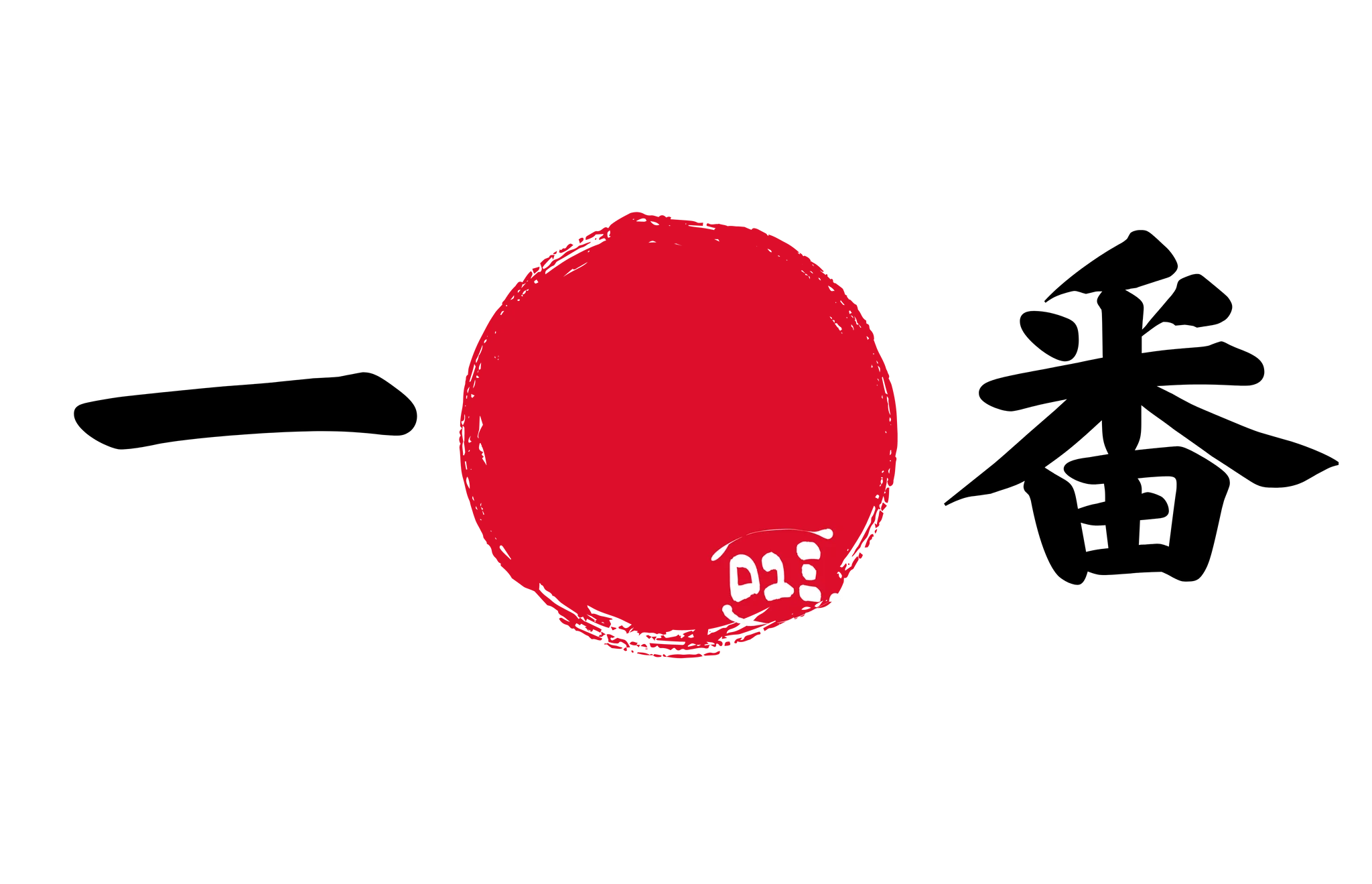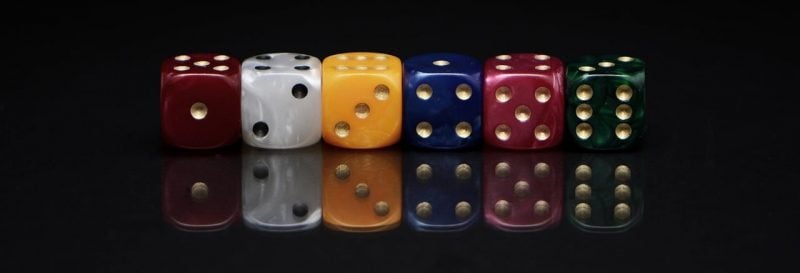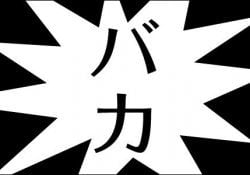"Ichiban" (一番) literally means "number one" and is often used to emphasize the quality, importance or preference of something in a specific context or category. In this article, we will discuss the use and application of the term "Ichiban" in the Japanese language, as well as its history and relevance in Japanese culture.
Índice de Conteúdo
Origins and history of “Ichiban”
"Ichiban" (一番) is a Japanese word meaning "number one" or "the best". To better understand the history, meaning, etymology and variations of this term, we will explore each aspect in detail.
The first kanji, "Ichi" (一), means "one" or "first", and the second kanji, "Ban" (番), can be translated as "number" or "order". Together they form "Ichiban", which represents the concept of "number one".
“Ichiban” is used to express the idea of being the best, most important, or most preferred in a given context or category. The word can be used both to emphasize the superior quality of something and to express the idea of being first in a series or ordered list.
Read also: Numbers in Japanese - Complete Guide

Use and application of the term “ichiban”
In the Japanese language, “ichiban” can be used in many ways and in combination with other nouns or adjectives to express emphasis or priority.
For example, it can be used to talk about food, as in the case of "Ichiban Oishii" (一番美味しい), which means "the most delicious." It can also be used in everyday situations such as "Ichiban Suki" (一番好き), which means "the thing I like the most" or "my favorite".
Another common application of "Ichiban" is in classifications and competitions. For example, in a race, the person who crosses the finish line first would be called "Ichiban" as the winner. In the business world, a company can refer to itself as "Ichiban" to emphasize its leadership position in the market.

Ichiban as Number Counter
In the Japanese language, numbers are generally used to count items, indicate order, and express quantities. The term “ichiban” (一番) is often used to indicate the position of something as the best, most important or most preferred in a given context.
However, "Ban" is also used in conjunction with other numbers to indicate the order or classification of something. For example, "Niban" (二番) means "second" or "number two" where "ni" (二) represents number two in Japanese. In this case, "BAN" is used to indicate the position or classification in the order. Following this logic, we can continue with other numbers to express different positions:
- Ichiban (一番) - First
- Niban (二番) - Second
- Sanban (三番) - Third
- Yonban (四番) - Room
- GOBAN (五番) - Fifth
- Rokuban (六番) - Sixth
- Nanaban (七番) - Seventh
- Hachiban (八番) - Eighth
- Kyuuban (九番) - Ninth
- Juuban (十番) - tenth
By using the “ban” (番) system of counting, you can express the order or rank of items, people, or events in a series. However, it is worth mentioning that the Japanese language has different counting systems, depending on the type of object or concept being counted.
These systems are called "accountants" or "classifiers" (助数詞, Josūshi) and are used in conjunction with the basic numbers in Japanese. The "Ban" system is just one of many counters used in Japanese to express order or classification.
We recommend reading: Counting in Japanese – Indicators and Counters

The article is still halfway through, but we recommend also reading:
Cultural relevance of “ichiban”
“Ichiban” has significant cultural importance in Japan, as the concept of being “the best” is deeply rooted in Japanese society. The pursuit of excellence in various areas of life such as arts, sports and crafts is an important part of the Japanese mindset.
For example, in the world of Japanese cuisine, many chefs spend years honing their skills in a specific technique or dish to become “ichiban” in their area of expertise. Furthermore, the concept of “ichiban” is often mentioned in Japanese songs and TV shows, as well as in advertising and marketing, to highlight the superior quality of a product or service.
A popular example of "Ichiban" in Japanese pop culture is the series of manga and anime "Ichiban Ushiro in Daimaou", which can be translated as "the great demon of last place." In this case, the term "Ichiban" is used ironically, as the protagonist is considered the worst student of his class in a magic school.

Synonyms and variations of “Ichiban”
See below for other words that have a similar meaning to Ichiban:
Saikou (最高)
This word also means "the best" or "the highest" in Japanese and can be used as synonymous with "Ichiban" in many contexts. "Saikou" is composed of the kanji "Sai" (最), which means "the most" or "supreme", and "kou" (高), which means "high" or "high".
Mottomo (最も)
"Mottomo" is another word that can be used as synonymous with "Ichiban" in some situations. It means "more" or "extremely" and is used to emphasize the intensity or extent of a quality or characteristic.
Daiichi (第一)
"Daiichi" means "first" or "number one" and is mainly used to refer to first position in an orderly sequence. It is composed of the kanji "dai" (第), which indicates order or classification, and "Ichi" (一), which means "one" or "first".
Shijou (至上):
"Shijou" means "supreme" or "the highest" and can be used as a synonym for "Ichiban" in contexts that emphasize supremacy or superior quality of something. It is composed of the kanji "Shi" (至), which means "to arrive" or "reach", and "jou" (上), which means "above" or "superior".







